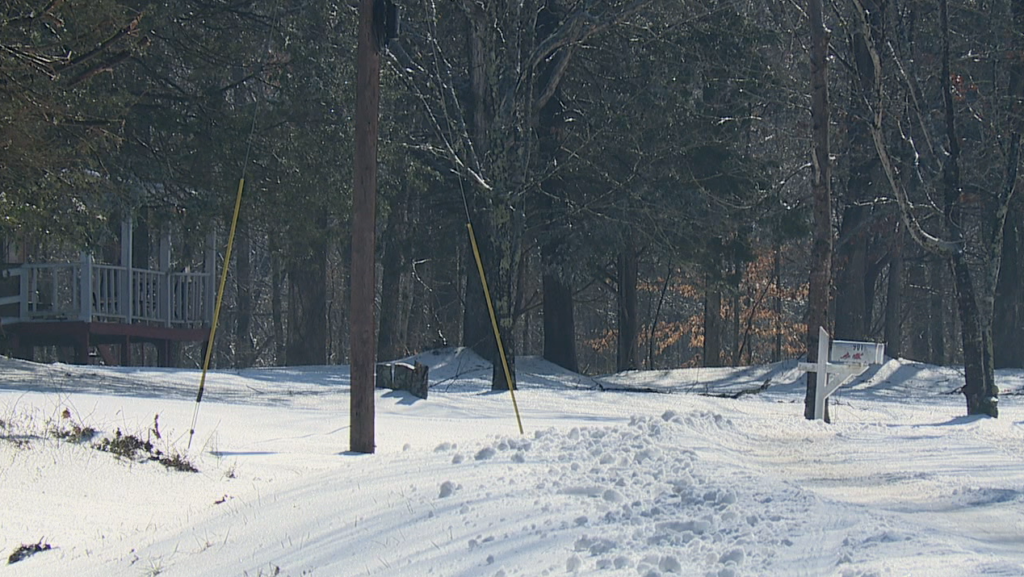Dept. of Agriculture investigates possible herbicide-related crop damage in West Tenn.
JACKSON, Tenn. — The Tennessee Department of Agriculture is investigating alleged herbicide-related problems causing crop damage in eight West Tennessee counties.
 University of Tennessee professor Dr. Larry Steckel said the timing of the spraying with herbicide dicamba in hot weather might be the heart of the issue.
University of Tennessee professor Dr. Larry Steckel said the timing of the spraying with herbicide dicamba in hot weather might be the heart of the issue.
“Instead of spraying it in February, March and April, we are now spraying it in June and July, like today, the hot times of the month,” Dr. Steckel said.
Counties that have reported crop damage include Crockett, Dyer, Haywood, Lake, Lauderdale, Shelby, Tipton and Weakley.
The professor went on to say the cause might be from what’s called a “dicamba drift.”
“We are finding that it’s moving out of the fields as it’s being sprayed, or even after it’s being sprayed in some cases, and damaging other crops in the process,” Steckel said.
Several states have had reports from a possible herbicide drift. In Arkansas, the department of agriculture reported over 420 complaints. In Missouri, over 130 complaints were reported. The Tennessee Department of Agriculture has reported 27 incidents and says the number could grow in the state.
Missouri and Arkansas temporarily banned the use of Monsanto-made herbicide dicamba last month due to the number of incident reports.
The Tennessee Department of Agriculture is looking into other possible options.
In a statement on Monsanto’s website, they say “We strongly encourage farmers using it in other states to make their voice heard. Share how important this tool is to your farm and how you are using responsibility, to ensure your continued access to dicamba products. Make sure your elected officials and relevant agencies hear those stories too.”












